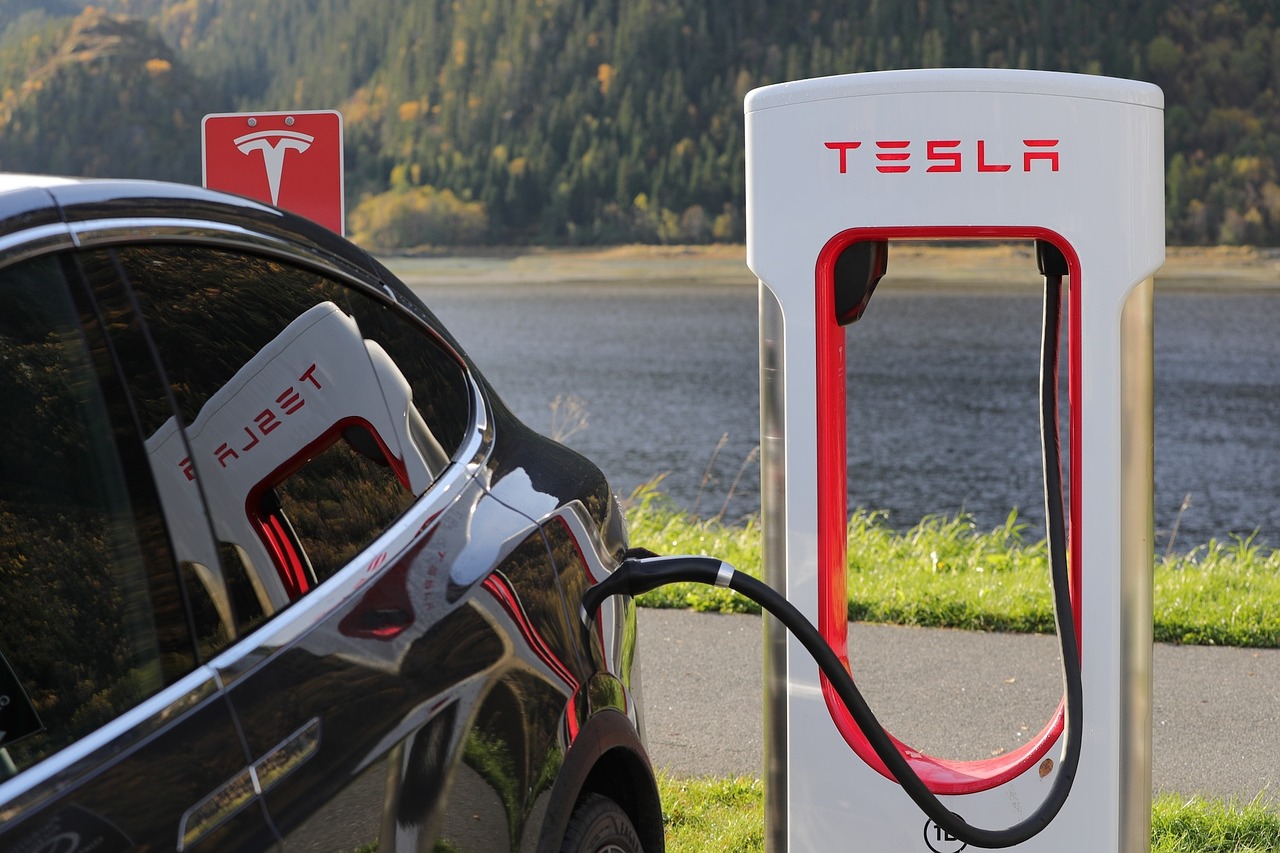In recent years, Tesla, the pioneering electric vehicle manufacturer led by Elon Musk, has found itself embroiled in various legal challenges, including mass actions brought forth by consumers, investors, and regulatory bodies. These mass actions often involve complex legal issues that require strategic approaches from both plaintiffs and defendants. For individuals and entities navigating these waters, understanding the nuances of legal aid strategies can make a significant difference in the outcome of such cases.
Understanding Tesla Mass Actions
Tesla mass actions typically arise from allegations related to product defects, safety concerns, financial disclosures, or regulatory compliance. These lawsuits consolidate multiple individual claims into a single legal action, streamlining the judicial process and often increasing the leverage of the plaintiffs against a corporate entity like Tesla.
The Nature of Tesla Mass Action Lawsuits
Tesla mass actions can encompass a wide range of legal theories and claims. Common allegations include:
- Product Defects and Safety Issues: Plaintiffs may allege that Tesla vehicles have design or manufacturing defects that pose safety risks to consumers. These defects could involve issues with autopilot features, battery systems, or other critical components.
- Securities Fraud: Investors might bring actions against Tesla alleging misleading statements or omissions related to financial performance, production targets, or regulatory compliance, which could impact stock prices.
- Consumer Protection Violations: Claims under consumer protection laws may arise from allegations of deceptive marketing practices, failure to honor warranties, or unfair business practices.
- Environmental Concerns: Given Tesla’s emphasis on sustainability, mass actions might also involve allegations related to environmental impact, such as claims regarding the disposal of batteries or recycling practices.
Legal Aid Strategies for Tesla Mass Actions
When facing or initiating a Tesla mass action lawsuit, strategic legal aid can significantly influence the case’s trajectory and ultimate outcome. Here are essential strategies to consider:
1. Early Case Assessment and Strategy Development
For plaintiffs, conducting a thorough early case assessment is crucial. This involves evaluating the strength of claims, potential damages, and the feasibility of certification as a class action. Legal aid providers specializing in mass actions can assist in gathering evidence, identifying potential class members, and formulating a litigation strategy tailored to the specific allegations against Tesla.
Defendants, on the other hand, benefit from promptly assessing the merits of the claims and formulating a defense strategy. This may involve challenging class certification, filing motions to dismiss, or negotiating settlement agreements to mitigate reputational and financial risks.
2. Class Certification Challenges
Achieving class certification is pivotal in Tesla mass actions, as it determines whether a lawsuit can proceed on behalf of a group of plaintiffs. Plaintiffs must demonstrate that common issues predominate over individual ones and that a class action is the superior method for resolving the dispute. Legal aid providers play a critical role in preparing and presenting arguments to support or oppose class certification, drawing on precedent and legal expertise in complex litigation.
3. Settlement Negotiations and Mediation
Given the resource-intensive nature of mass actions, settlement negotiations or mediation can offer a cost-effective and timely resolution for both plaintiffs and defendants. Legal aid providers skilled in alternative dispute resolution methods can facilitate productive negotiations, ensuring that the interests of their clients are protected while exploring opportunities for compromise.
4. Expert Witness Testimony and Evidence Presentation
In Tesla mass actions, expert witnesses often play a pivotal role in establishing or refuting claims related to technical or scientific matters. Legal aid strategies may involve identifying qualified experts, preparing comprehensive reports, and effectively presenting complex evidence during trial or settlement negotiations. This aspect of litigation requires a nuanced understanding of both the legal and technical aspects of Tesla’s products and operations.
5. Public Relations and Reputational Risk Management
Beyond legal proceedings, Tesla mass actions can attract significant media and public attention. Legal aid providers may collaborate with public relations professionals to manage reputational risks and communicate key messages effectively. Proactive reputation management can mitigate the impact of litigation on Tesla’s brand perception and stakeholder relations.
Conclusion
Navigating Tesla mass actions requires a nuanced understanding of legal complexities, strategic foresight, and effective advocacy. Whether you are a plaintiff seeking redress for alleged harms or a defendant protecting against claims, engaging experienced legal aid providers is essential. These professionals not only navigate the intricacies of mass action litigation but also strive to achieve optimal outcomes for their clients amidst the evolving landscape of legal and regulatory challenges.
In conclusion, Tesla mass action legal aid from Arias Sanguinetti involves comprehensive strategies tailored to the unique dynamics of collective litigation against a prominent corporate entity. By leveraging strategic insights and legal expertise, stakeholders can effectively pursue justice, protect interests, and uphold accountability in the realm of Tesla-related legal disputes.




